This is a story about the nadir, the end of days. Monday, March 24, 2008, marked five years to the month after the British army arrived in Iraq, preaching to the Americans their apparent expertise in counterinsurgency operations and understanding of the manifold ways of, in the historical British upper-class vernacular, “the Arab.” This is the story of how that complacency—the claimed legacy of imperial policing and Belfast; of Greece-to-your-Rome and barely disguised Anglo-American contempt—became apparent.
The British army committed that bafflingly common 21st-century failing: It exuded superiority toward an exterior entity, then felt genuine surprise when that mean-spiritedness did not generate admiration and fellow feeling in return.
And as the British army in Basra, southern Iraq, experienced what some observers would later describe as the greatest British military disaster since Suez in 1956, or the fall of Singapore in 1942—though others dispute the drama of those comparisons—the institution itself would, on a wider level, start to engage in a wholesale (and needed) program of reform.
In 2008, for the British army, the paths of failure and improvement crossed.
This week in march was meant to be Brigadier Julian Free’s rest and recuperation slot, a mid-tour opportunity to go back to Europe for the 45-year-old commander of the British army’s 4th Mechanised Brigade. However, Major General Barney White-Spunner, in charge of the division and Free’s boss, asked to swap with him, and, well, White-Spunner outranked Free. So on March 24, with Iraqi Prime Minister Nuri al-Maliki inbound from Baghdad to Basra with half his government in tow, it was Free who stood waiting for him, while White-Spunner was in the Austrian ski resort of Zürs.

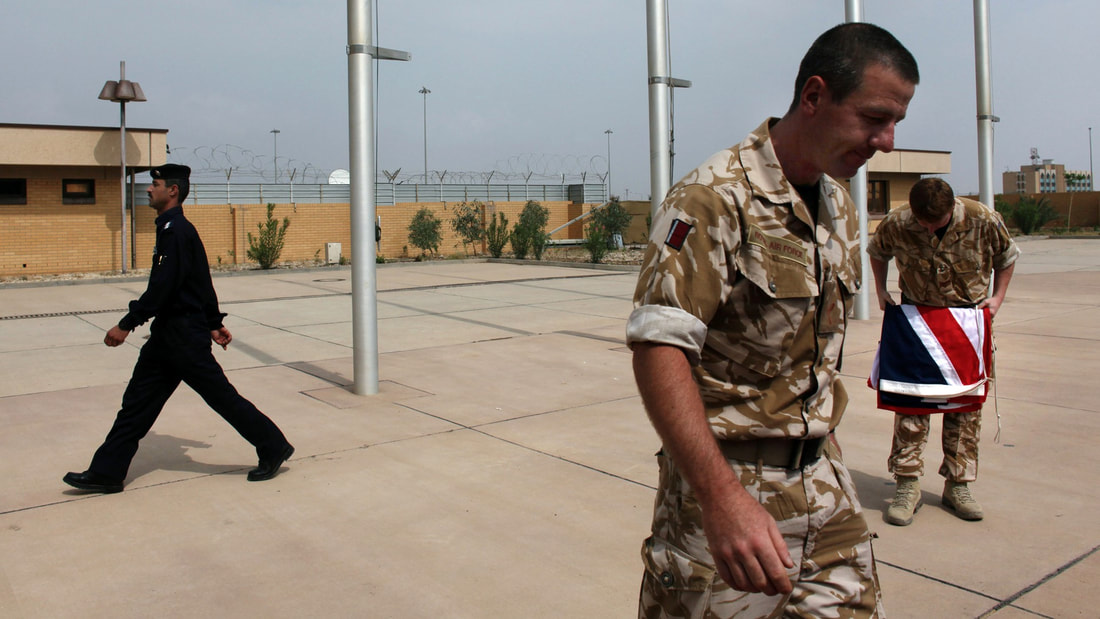
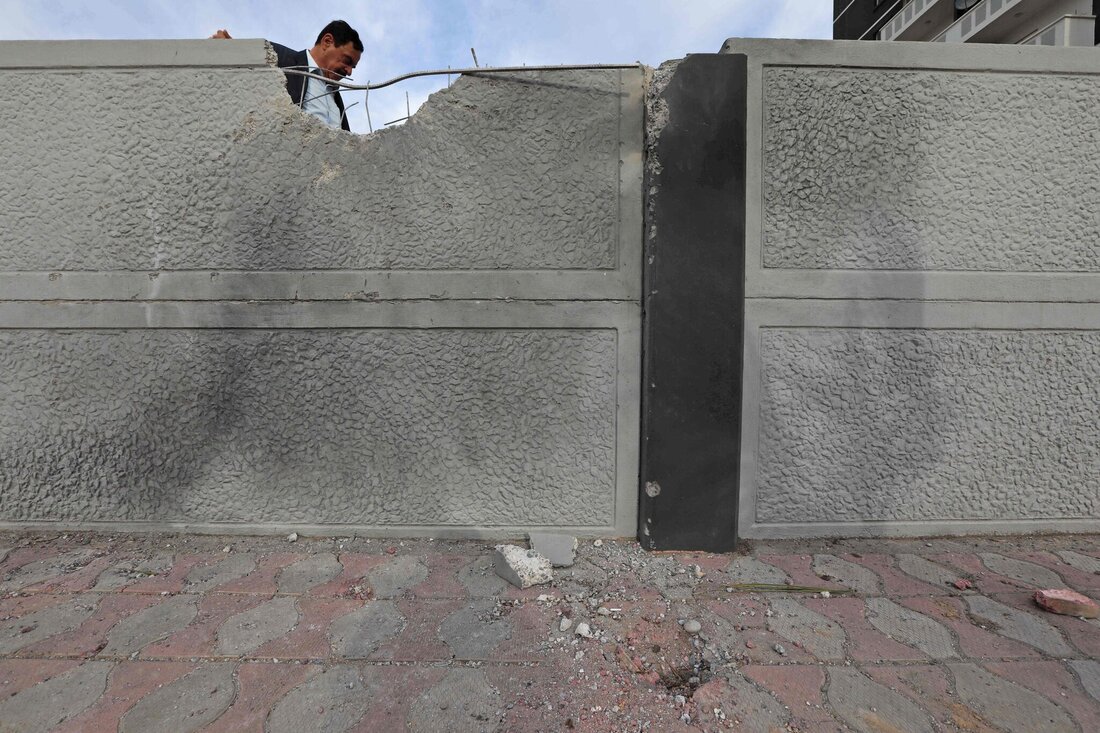
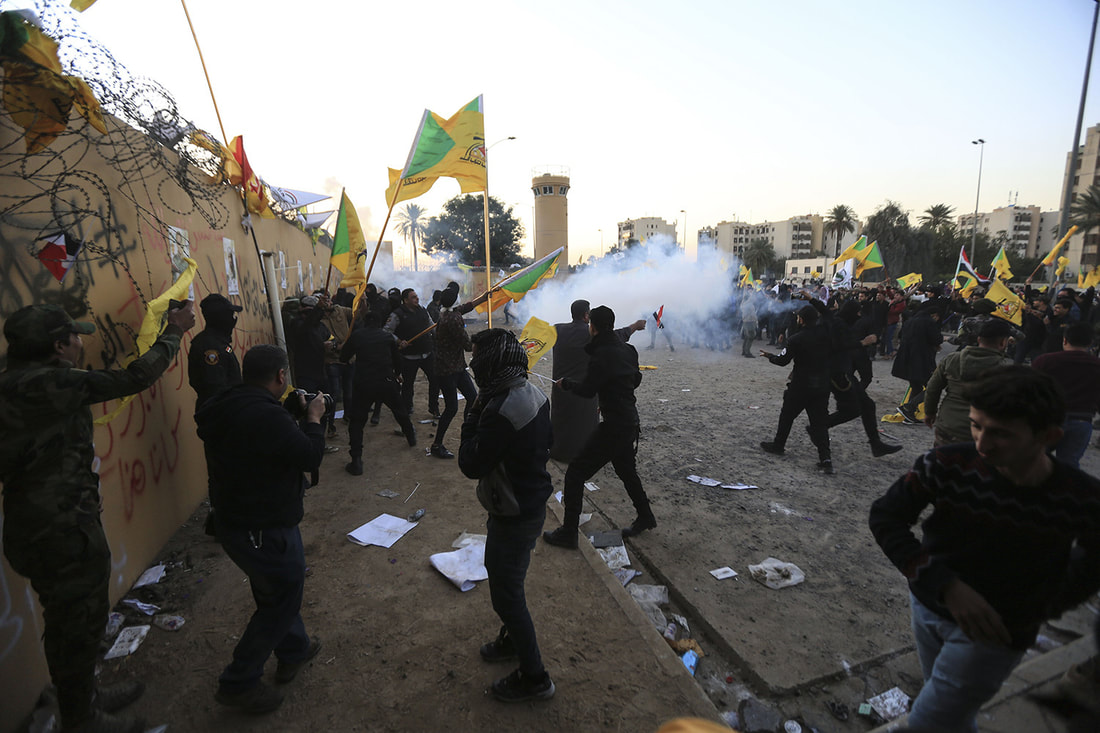

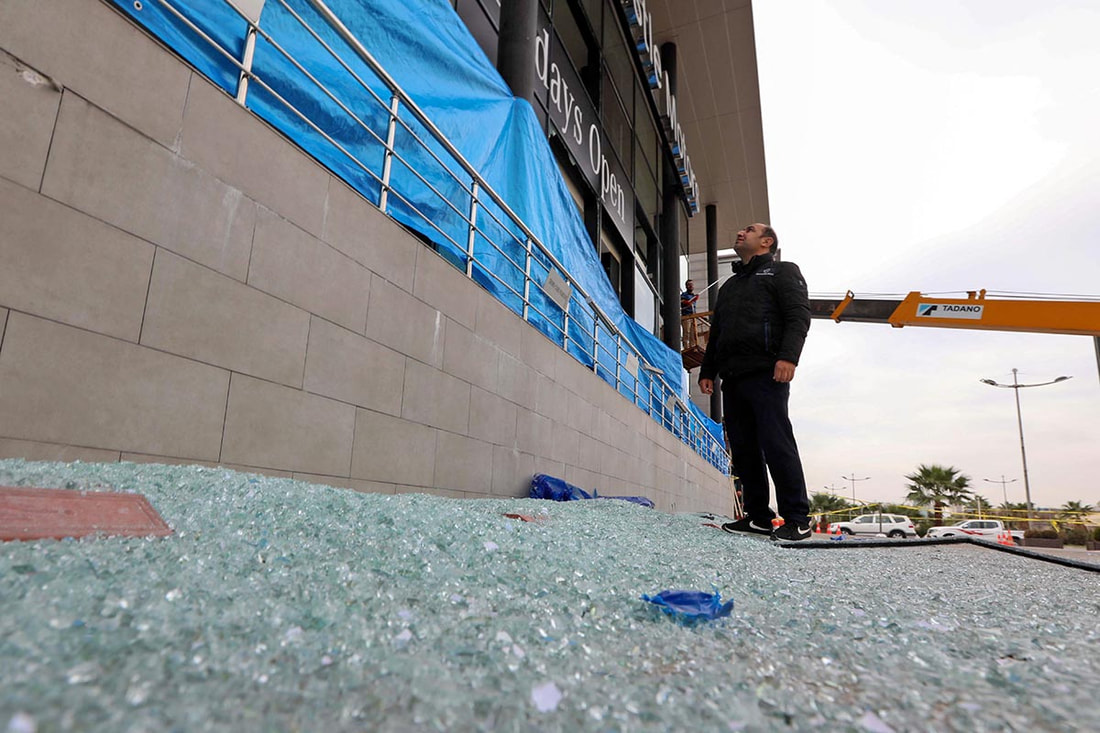
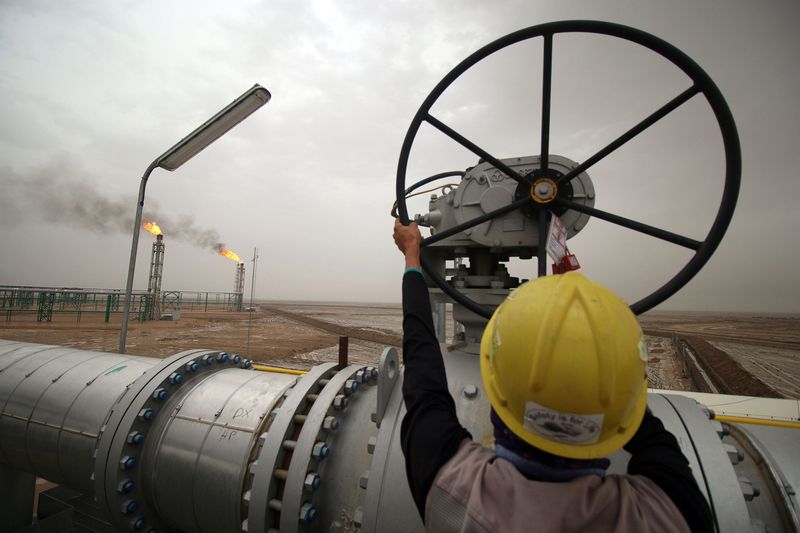
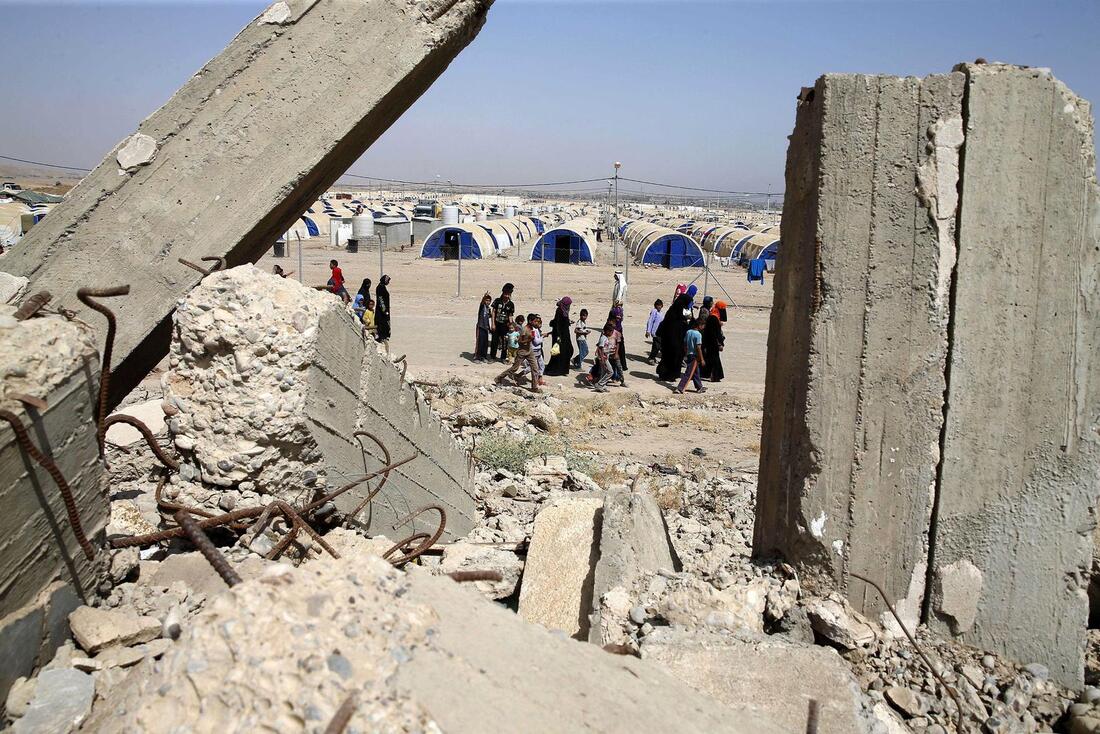



 RSS Feed
RSS Feed